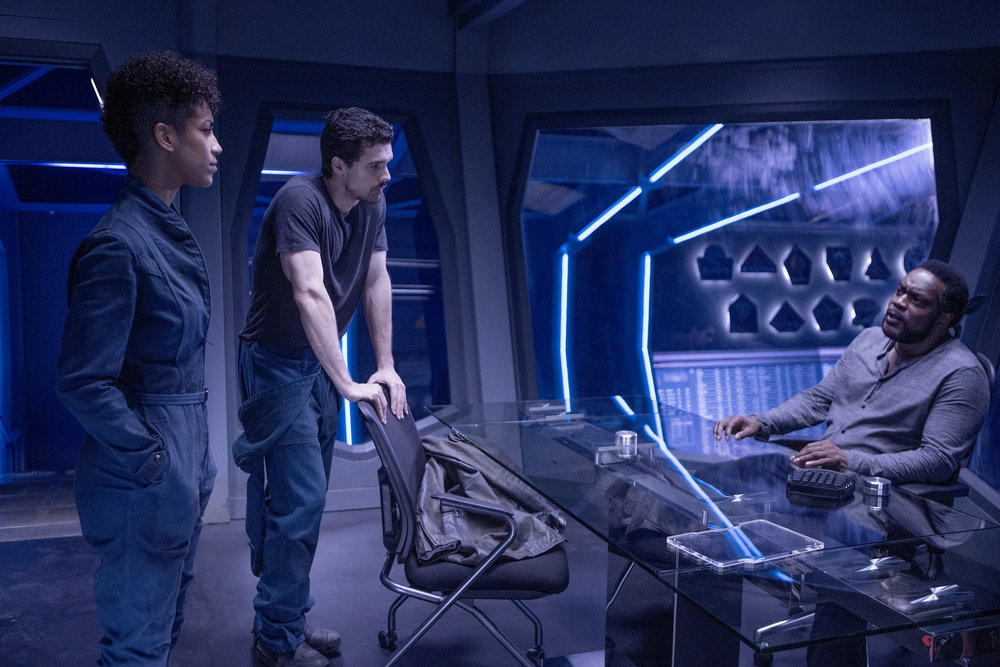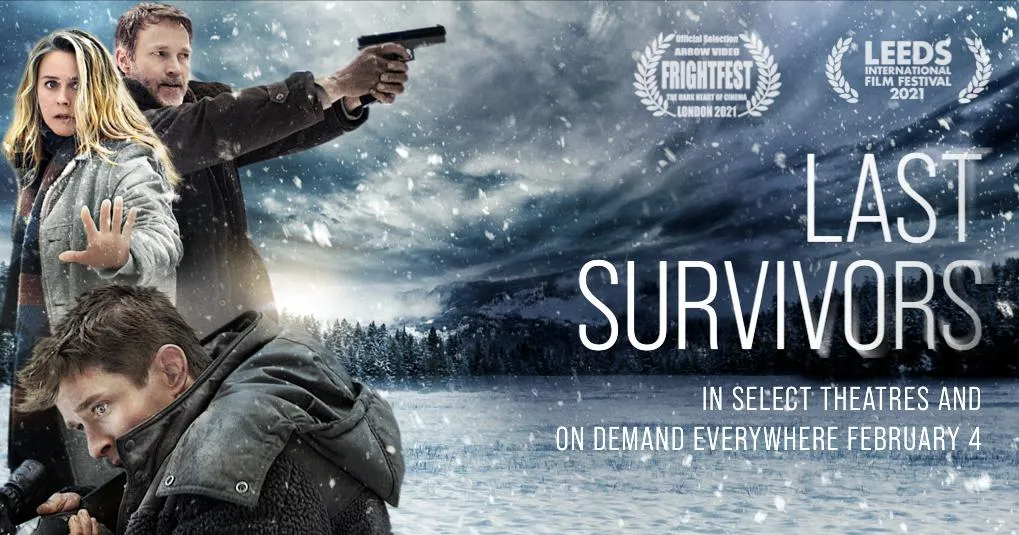Premiering in 2015, The Expanse began as a modest adaptation of the acclaimed novels by James S.A. Corey — and quickly evolved into one of the most respected science fiction series of the 21st century. Across six seasons, it delivered a thrilling and thought-provoking exploration of humanity's expansion into the solar system, filled with political intrigue, scientific realism, and a diverse cast of compelling characters.
Set in a future where Earth, Mars, and the Asteroid Belt (home to the so-called "Belters") are on the brink of war, The Expanse unfolds with the complexity of a geopolitical thriller. It begins with a mystery — a missing woman, Julie Mao — but grows into an epic about power, identity, and survival. What sets the series apart is how it treats space not as a fantastical playground, but as a hostile, unforgiving environment governed by physics, scarcity, and competing interests.
At the center of the story is the crew of the Rocinante: former officer James Holden (Steven Strait), engineer Naomi Nagata (Dominique Tipper), pilot Alex Kamal (Cas Anvar), and mechanic Amos Burton (Wes Chatham). Their chemistry, moral dilemmas, and shifting loyalties ground the series in emotional reality, even as it expands to interplanetary and eventually cosmic scales.
One of The Expanse’s greatest strengths is its realism. From the way gravity is handled, to the political tensions between Earth, Mars, and the Belt, everything feels deeply researched and plausible. The show refuses to dumb down its science or politics — and rewards viewers who pay attention.

The performances are outstanding, particularly Shohreh Aghdashloo as UN official Chrisjen Avasarala — a sharp-tongued, fiercely intelligent leader who steals nearly every scene she’s in. The writing balances hard science with human drama, and the visual effects are consistently top-tier for television, especially post-Season 3, when Amazon picked up the show.
While some arcs can feel dense or slow for casual viewers, The Expanse never loses sight of its central themes: how power corrupts, how the oppressed resist, and how fragile — and precious — human cooperation really is.
In the end, The Expanse is more than a space opera. It’s a political drama, a survival story, and a philosophical meditation on what kind of future we might create — or destroy.

-1750308210-q80.webp)

-1750732488-q80.webp)